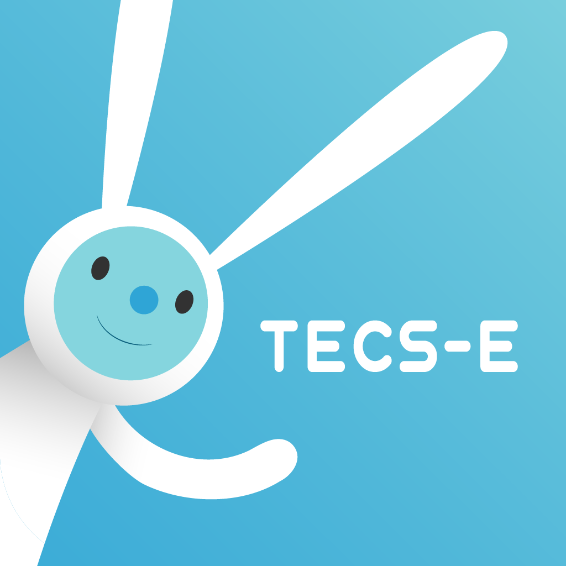
We are currently recruiting children to take part in Study 2 online. Please see below for further information.
Download the TECS-E app here.
Purpose of the Study

This study aims to develop a computerized app (called TECS-E) to help to identify children who find it difficult to understand their first language. However, before teachers or therapists can use it to help identify children who have difficulties, we have to find out how children with no difficulties respond to the task at different ages.
Researchers at UCC have developed a set of fun and engaging animated films children watch and respond to. The animations specifically focus on complex sentences. So for example while sentences such as “Put your PE kit on”, or “put the book back” are considered simple, complex sentences combine the two pieces of information together e.g. “Before you go to put on your PE kit you need to put back the book”.
To find out how children with no difficulties respond at different ages, they need a large number of children to complete TECS-E, which represent the range of abilities across the whole population, between 4 and 9 years. This will help them gain the information that they need so that TECS-E can then be used more widely by teachers, therapists and other educators.
What will the study involve?
The study will involve your child completing the TECS-E app on an iPad. You will need to fill in some basic information about your child before they start the game (their age, whether they are male/female) into the app. No identifying information will be required. The app is designed to be fun and engaging for children. The app takes roughly 15-20 minutes to complete. Your child can take a break during the app if they need to so they can give their best when completing the app and so they won’t get tired and frustrated from doing the game all in one sitting. It has been designed so that children over 4 can complete it without help from an adult. We know that your instinct as a parent will always be to help your child so they can do the best they can, but we would kindly ask that you try not to give your child any help with the game. Your child is not being tested, rather we are asking your child to help us test our app! So do not worry if you feel your child is not doing as well on the game as they would be doing with your help. It’s very important for our research that your child completes the game without adult help, as we are trying to find out about what language children understand by themselves.
What information will be collected?
The information that will be put into the app will be all anonymous and will include – your child’s age on the day of testing, sex, whether they have been exposed to other languages, if they have any additional medical difficulties/diagnoses. The app will also store your child’s total score on the app on an encrypted server.
How will the information be kept?
All anonymised data from the app will be stored on an encrypted server (based in the Republic of Ireland) see https://gorilla.sc and will only be accessible by the research team. The data will then be transferred and stored on an encrypted, password protected computer in a locked room in the Department of speech and Hearing Sciences and a back-up copy will be stored electronically on OneDrive for Business through UCC Office 365. A copy of the individual codes for each child will be kept in a locked filing cabinet in the project lead’s office at UCC until the study is completed, following this the codes will be destroyed.
What will happen to the results?
The results will be collated and published so that the app can be normed and used with children who have difficulty understanding these types of sentences.
Anonymised scores will also be uploaded on to the Open Science Framework for potential re-analysis or further research. At no stage will you or your child be identifiable.
What are the possible disadvantages of taking part?
We don’t envisage any disadvantages, as the app is designed to be enjoyable for children and the children can complete it in their own time during the day – at a time that is also convenient for you. If you do not wish your child to be part of the study, we will not view that in any way negatively.
The Social Research Ethics Committee of UCC has reviewed and approved the study.
TECS-E study
Contact us
